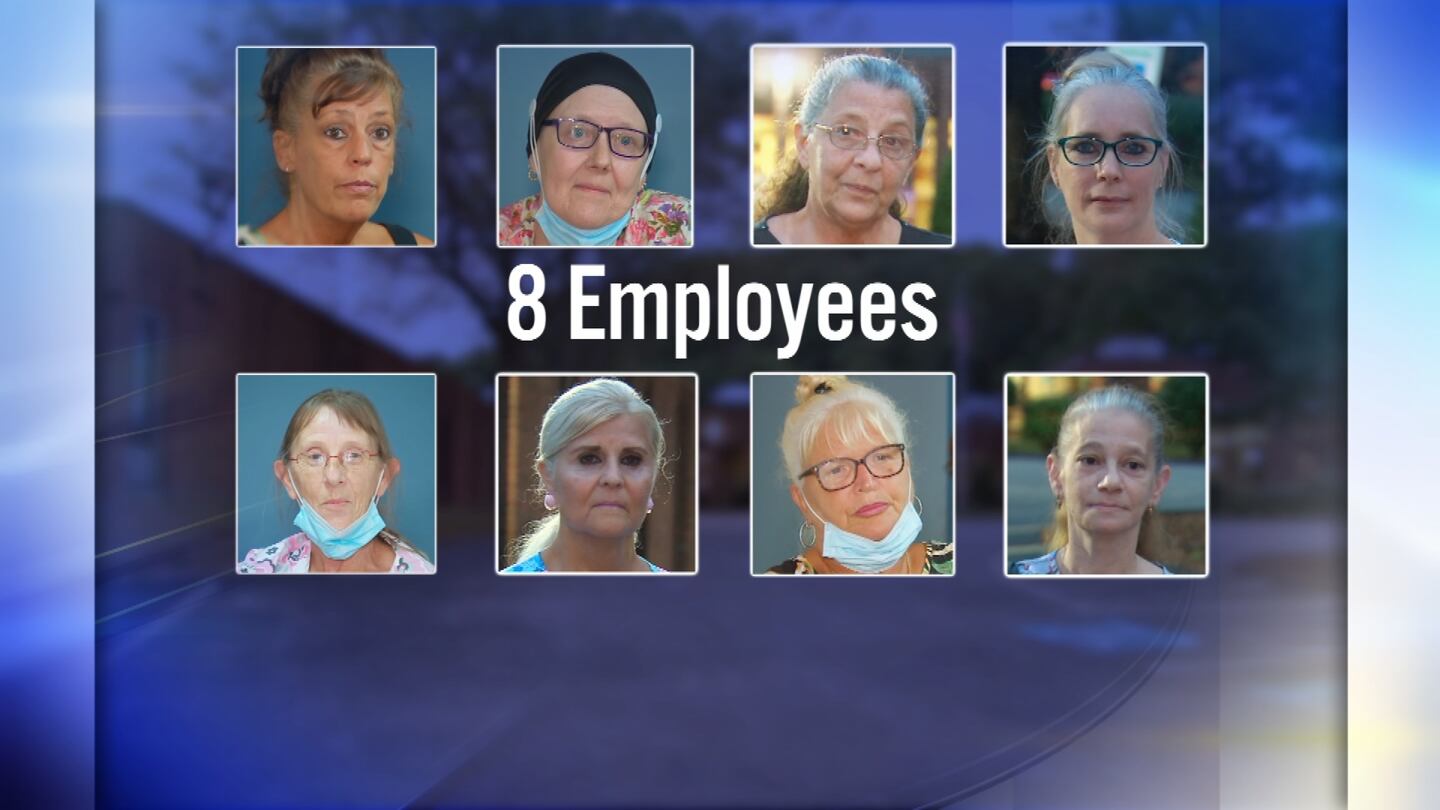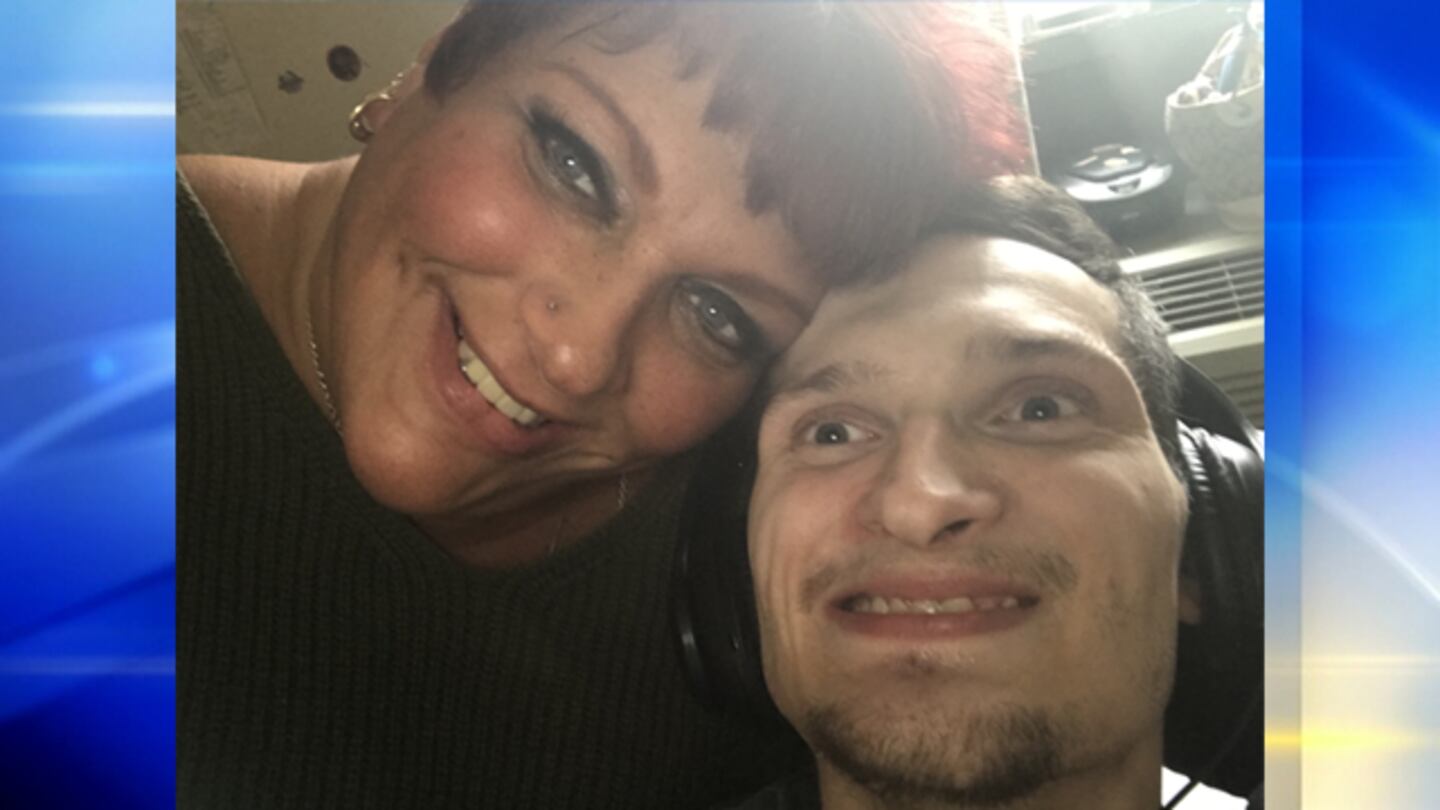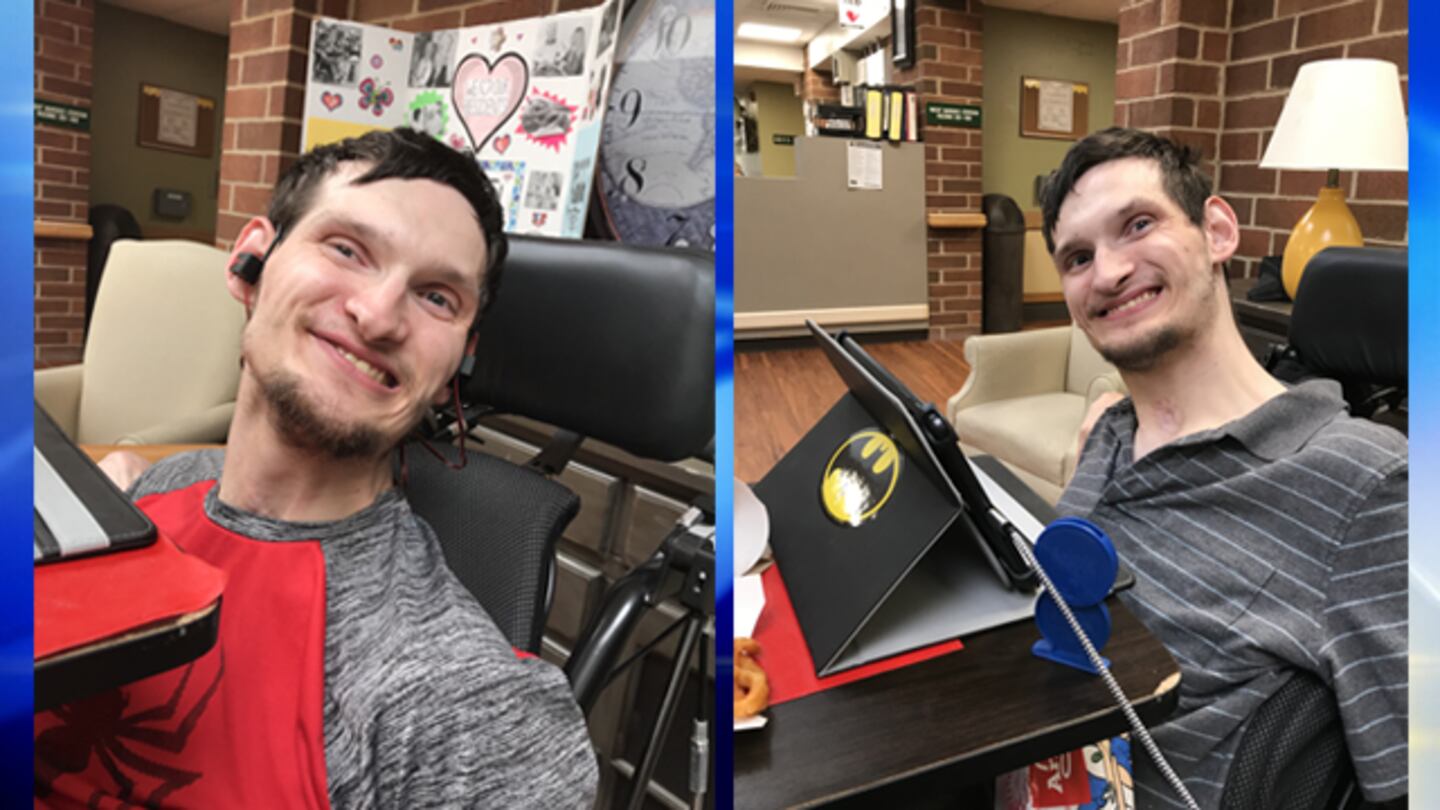PITTSBURGH — In a rare and desperate outcry from nursing home employees at a Westmoreland County Nursing home, a group of nursing assistants are blowing the whistle on what they say is poor care being overshadowed by the COVID crisis.
“The residents are suffering, and no one’s doing anything about this!” said Kristi Tunder, a nursing assistant at the facility for 41 years.
If you have a consumer issue that you’d like 11 Investigates’ Angie Moreschi to look into, contact her at amoreschi@wpxi.com.
CLICK HERE TO WATCH PART ONE OF ANGIE’S INVESTIGATION
CLICK HERE TO WATCH PART TWO OF ANGIE’S INVESTIGATION
Rare Outcry
A total of eight longtime employees from Murrysville Rehabilitation and Wellness Center – who, collective have more than 100 years of service at the facility - came forward to speak with 11 Investigates. They say they are speaking out to be the voice for residents who can’t speak for themselves, especially with most families not able to visit and advocate for their loved ones.
“They’re not getting the care they deserve,” said Kim Wampler, who’s been a nursing assistant at Murrysville for 13 years. “We’re their family right now. We’re their voice.”
COVID-19 has forced all nursing homes to ban visitors for months to help stop the spread of this horrible disease. Murrysville Rehab has managed to keep its residents free of COVID, but the employees say that accomplishment is giving cover for a deteriorating level of daily care for residents.
“They’re not being bathed. They’re not being showered. The men aren’t being shaved,” said Terry Steele, who’s been a nursing assistant at Murrysville Rehab for 18 years.
“People falling out of bed, people falling out of wheelchairs,” added Crystol Timko, a nursing assistant at Murrysville, who recently quit in frustration after 21 years at the facility.
Staffing Shortage
The women say the care issues are the direct result of staffing shortages being made worse by the COVID-19 crisis and say the company is not doing enough to bring on more nurse’s aides.
“We have 22 residents apiece most days. That’s for one person to wash, dress, get up, two meals, and they’re neglected because you can’t get to everybody,” said longtime aide Kristi Tunder.
She said patients often go for much of the day sitting in wet or soiled briefs.
“They might get changed one time (during a shift)” Tunder said. She says regulations require them to check and change briefs every two hours.
Twenty-two patients per aide is a lot for a day shift at a long-term care facility. Experts say best practice is only half that - about 10 to 12 patients per aide - to ensure proper care.
But the employees say their repeated complaints were ignored.
“I told the administrator I’m embarrassed by how they’re being taken care of. I can’t do what I was trained to do on how to take care of these residents,” said Sandy Sheasley, a 33-year employee.
History of Violations
A review of state inspection records for Murrysville Rehab shows multiple complaints this year but no disciplinary action taken by the Pennsylvania Department of Health, which regulates nursing homes.
The last inspection report at Murrysville where it was cited for violations was in December and included some serious care issues, including:
“Resident had not received a shower for weeks.”
“Resident not out of bed all week.”
“Resident said he often had to urinate in pants when staff did not respond to him in a timely fashion.”
The facility was also cited for not having “sufficient nursing staff.”
At last check, the facility was inspected for complaints at least nine times this year, but it was not cited for any violations.
Watch part 2 below and scroll down to read more:
28 days without a shower
11 Investigates has talked to family members, residents and employees who say they’ve all filed complaints with the state about Murrysville but got no satisfaction.
A family member, who asked to remain anonymous fearing retaliation against her loved one, told us she believes the care is inhumane at times.
“There’s been times when there’s been 28 days between a shower,” she said angrily. “I’ve called the governor’s office. I’ve called Dr. (Rachel) Levine’s office. Nothing! Nothing happens!”
Now, with COVID-19 keeping families out, she fears the worst.
“I can call here and the phone will ring 50 times - I’m not kidding you - and then it will go dead,” she said. “I’m very worried. At least if I could come and visit, I would be able to keep on top of it, know (what’s happening), help.”
She says that frustration is why she turned to the state and filed a complaint, but now, is frustrated by the lack of response.
Beth Moore was a resident at Murrysville Rehab for five months and went home last week. Her 28-year old son, Michael, who is a double-amputee, wheelchair bound and has cerebral palsy, has also been at the facility for five years and is still there.
She worries about her son’s care, especially now that she’s not there to watch over him.
“Care is the big issue,” Moore said. “They’re not getting the personal hygiene care that they need, the brief changing.”
Moore says she filed a complaint with the state a couple of months ago and was surprised to hear the facility has not been cited for any violations at all this year.
Even the employees say they’ve tried to complain to the state, but got nowhere.
“I called anonymously to the state department,” Crystol Timko said. “It’s like we’re in the twilight zone. We’re here and the state is here,” she said motioning on one side, then the other, “And nobody wants to step in.”
Employee Krisit Tunder says when state inspectors do come in, they don’t seem to do a thorough job.
“They walk around, look at things, they go into the office, they talk, they’re gone,” Tunder said. “That’s the end of it. We hear nothing. We see nothing,” she said, shaking her head.
Murrysville Rehab Response
11 Investigates called Murrysville Rehab trying to get some answers. The facility’s administrator, Joe Duplinsky, took the call. In response to questions about patient care, he said they are “providing a level of care that is acceptable,” but added, “you can always improve.”
When pressed on whether “acceptable” is good enough for residents, he would not talk further and said he would have to get his boss’ approval for an interview. After talking to corporate leaders, he declined the interview and provided an email to a public relations company for further inquiries.
Comprehensive Healthcare Management owns Murrysville Rehab and more than a dozen other nursing homes in western Pennsylvania and approximately 30 more outside of the region.
Based out of New York, it is the same parent company that owns Brighton Rehab in Beaver County, which had the worst COVID-19 outbreak in the state and was criticized for its lack of transparency about cases and deaths.
Comprehensive also owns Monroeville Rehab, which 11 Investigates recently exposed had an outbreak with more than 50 COVID-19 cases not revealed until after we started asking questions.
For months, 11 Investigates repeatedly sent email requests for an interview to the company’s PR company, but each time, the requests to do a sit-down interview were denied. Instead, it offered to answer emailed questions only. (See below for email questions submitted to Comprehensive’s PR company and its responses.)
Murrysville Rehab is among several Comprehensive Healthcare nursing homes that received PPP loans from the federal government -- between 350-thousand and one-million dollars-- to help pay their staff. However, employees tell 11 Investigates it wasn’t until after we started asking questions a month ago that the facility finally started using a staffing agency to hire more nursing assistants. The employees say that is beginning to help.
Lax Inspections?
After months of declining to do a one-on-one interview with 11 Investigates on nursing home issues, Pennsylvania Department of Health Secretary Dr. Rachel Levine agreed to do a Zoom interview and defended the state’s inspections.
“I don’t think that our inspections are lax at all. I think we do excellent inspections,” she said.
At the height of the COVID-19 crisis, health department stopped doing most in-person inspections and conducted them virtually instead to help prevent the spread of the coronavirus. The department says it did resume in-person inspections for complaints “as needed” in mid-April and is now beginning to resume in-person yearly inspections as well.
“There are certainly challenges in all of the facilities balancing the issues in terms of COVID-19 versus the other medical concerns and issues that patients have,” Levine said.
When pressed by 11 Investigates regarding those who say their concerns are not being addressed, Levine said the department is doing the best it can and encouraged those complaining to talk with the facility.
“We take all complaints that we receive very seriously. We investigate every single complaint we get,” Levine said. “We don’t run the facility. The facility still is responsible for the care that they provide, but we will do the very best we can to ensure the safety and the care of the vulnerable residents in the facilities.”
Levine says the health department has become tougher on regulating nursing homes in recent years after a critical report from the Pennsylvania auditor general.
“We have become much tougher in terms of nursing home regulation and in terms of our inspections, our penalties, and we will continue to do that,” she said.
Unfortunately, those dealing with daily life at some facilities say more needs to be done.
“I worry every day,” nursing assistant Sandy Sheasley said, tearing up. “It’s a sad situation for these loved ones to not be getting the care they need.”
And a family member pleaded directly with the governor to do more to help.
“Gov. Wolf, you’ve got to step in here and do what’s right for the people in these nursing homes!”
Fear of Retaliation
During our nursing home investigations over the past several months, another issue many family members have raised with 11 Investigates is fear of retaliation against their loved one if they speak out.
Some family members of Brighton Rehab residents told us they’ve been shut out from getting patient updates on their loved one after complaining publicly. We asked Secretary Levine about that very real fear families have. She promised to take action, if the state learns of any retaliation.
“If we ever learn of any retaliation we would respond to our full regulatory ability. It’s unacceptable,” Levine said. (Watch the Q & A on this issue in the video below)
Murrysville Rehab Email Responses
Here are the email questions 11 Investigates submitted to Comprehensive’s public relations company and its responses:
We are hearing from several people who say patient care has suffered at the facility during the COVID crisis and that complaints have not been addressed for months. What do you have to say to those individuals?
“Every staff member at our facility cares deeply about all of our residents and consider them family. While the COVID-19 pandemic has been a challenge for long-term care facilities around the country, we are pleased to report that due to the dedicated efforts of our staff, our facility is COVID-19-free.”
Is a staffing shortage contributing to poor care for some residents at Murrysville? What is being done about it?
“Staffing has been a challenge for all healthcare and long-term care facilities during COVID-19. However, our facility has further enhanced our recruiting efforts to ensure we are able to stay ahead of the curve.”
Some family members say they are afraid to speak publicly for fear of retaliation against their loved one. What do you say to those individuals?
“Everyone at our facility cares deeply about our residents and they are of course welcome to speak to whomever they choose without issue.”
Has Murrysville had any COVID cases among residents or staff?
“Thanks to the dedicated efforts of our staff and the diligence of our residents and their families, there have been no confirmed cases of COVID-19 at this facility among residents or staff throughout the entirety of the pandemic.”
Cox Media Group













